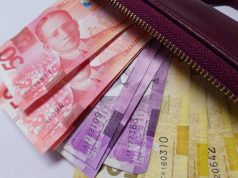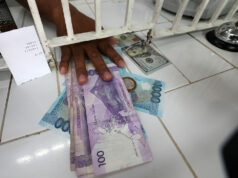By Carmelito Q. Francisco
Correspondent
DAVAO CITY — The city government has amended its Investment Incentive Code by adding new perks including tax breaks for projects in “preferred areas” outside the city center and for hiring indigenous peoples (IPs) and persons with disabilities (PWDs).
Approved last week, the new ordinance, according to Councilor Nilo G. Abellera, its author, “aims to provide a favorable and stable business climate consistent with the development needs of the city and will encourage new investments and will provide employment opportunities.”
The amendments are necessary to “make (the Code) more responsive and dynamic, and to harmonize it with the National Government’s initiatives, laws, and regulations on investment-related activities,” added Mr. Abellera in his explanatory note.
Aside from the changes in the composition of the Davao City Investment Incentive Board which expands its membership, among the key changes in the Code include three-year permit fee exemptions and tax deductions for certain costs, including locally-procured materials, as well as preferential treatment for industries listed as priority investment areas.
Projects set up in so-called preferred districts, or areas outside the commercial center of Davao City, will also be granted perks, as will the hiring of IPs and PWDs.
The specific mechanism for the IP and PWD hiring incentive is a deduction from gross income of the wages paid to such employees.
On the other hand, micro, small and medium enterprises currently doing business in industries classified as priority investment areas will be eligible to avail of all incentives granted to both new and expanded businesses.
Qualified social enterprises, which the board will define in the implementing rules and regulations, will be granted a 60% discount on business tax.
The new ordinance also encourages land owners to seek partners or sell their property for conversion into economic zones.
These property owners will be exempt from paying local transfer taxes, among others, while the business registered to run the economic zone will be exempt for two years from real property taxes, excluding the barangay’s share, and will receive help from the city in clearing the property of informal settlers.



